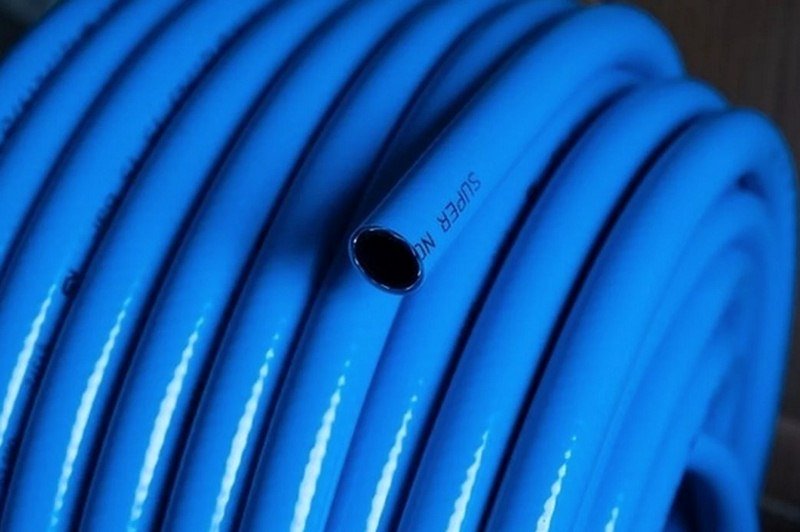Table of Contents Show
Fabrication refers to the process of cutting and shaping the form of any material into the end product. There are several types of fabrication used in manufacturing industries, and the kind of fabrication used for a specific item generally depends upon its purpose, costs, and appearance.
Industries often use plastic fabrication for manufacturing items primarily because it permits the item to get the customization it needs for the end product.
The Advantages and Disadvantages of Plastic Fabrication Process

Read Also:
Stages in the Fabrication Process
There are various stages of the fabrication process, and each one of them is important in manufacturing the end product. The following are the stages that are used in the fabrication process:
Cutting
This process involves the removal of excess material in a workpiece. It is done to get the appropriate shape and size requirements. The two types of cutting devices used in the process are band saws and torches.
Machining
This process involves drilling, lathing, honing, and milling. Here, the process uses manual and automatic machines for shaping the workpiece or the material.
Welding
This process helps to join two pieces of the workpiece. Here, heat and pressure are applied to the workpiece to form the end product.
Understanding the Process of Plastic Fabrication
The process of plastic fabrication depends upon the characteristics of the kind of plastic used like nylon, acrylic, Plexiglas, etc. The process of plastic fabrication as per composites by Spartec has the following advantages:
Easy to form
Plastic has a very low melting point and is highly malleable when you compare it to other materials in the market. This means you can use plastic for simple and complex geometric patterns that are simple to make.
Easy finishing
Plastic can be colored or painted before the fabrication process eliminating the need and costs for painting post-treatment.
Quick to produce
The plastic fabrication process is very quick to produce and involves faster cycle time, and it is turnover rates are high too.
Light in weight
Plastic has the advantage of being, and the material weighs much less when you compare it to other materials have similar dimensions.
Resistance against chemicals
Plastic has a very good level of resistance against chemicals. The material does not fall prey to rusting and oxidation when compared to metals.
Does Plastic Fabrication Have Any Disadvantage?
Plastic does have many benefits however it also has its share of disadvantages as well. The following are some of the disadvantages of plastic fabrication:
Limited resistance to wear and tear
Plastic has limited resistance to wear and tear when held at an elevated temperature, against acids and corrosive elements.
Weak structure
Most plastic is not suited for applications that require good structural strength. It is not a suitable material for building materials or heavy-duty equipment.
When plastic is used in the fabrication process for manufacturing items, its grade and origin need to be taken into consideration. In this way, the end product can be manufactured with precision and success!









